Ethical Marketing Strategy
I recently met David, a marketing director at a rapidly growing e-commerce platform, who shared a troubling dilemma that had been keeping him awake at night. His team had developed a highly effective marketing campaign that used sophisticated behavioral triggers and psychological pressure tactics to drive conversions. The campaign generated impressive results, increasing sales by forty-three percent within the first month. However, David noticed disturbing patterns in customer feedback and return rates. Many customers felt manipulated and deceived, leading to a surge in complaints and negative reviews. Despite the short-term revenue gains, David realized that their tactics were eroding the very trust and loyalty that sustainable business growth requires.
David's experience illuminates a fundamental tension in modern marketing between effectiveness and ethics. As digital technologies provide unprecedented capabilities for targeting, personalization, and behavioral influence, marketers face increasing temptation to employ tactics that may generate immediate results while potentially damaging long-term customer relationships and brand reputation. The sophisticated data analytics and artificial intelligence tools available today can reveal intimate details about consumer psychology and behavior, creating opportunities for manipulation that previous generations of marketers could never have imagined.
The challenge becomes even more complex when considering that competitors may be willing to use questionable tactics, creating pressure to match their approaches or risk losing market share. However, mounting evidence suggests that ethical marketing approaches not only serve moral imperatives but also deliver superior long-term business performance. Companies that build genuine trust and authentic relationships with customers often achieve higher customer lifetime value, stronger brand equity, and more sustainable competitive advantages than those relying on manipulative tactics.
The shift toward ethical marketing represents more than moral positioning; it reflects a strategic response to changing consumer expectations and market dynamics. Modern consumers, particularly younger demographics, demonstrate increasing sophistication in recognizing and rejecting manipulative marketing approaches. They actively seek brands that align with their values and demonstrate authentic commitment to customer welfare beyond short-term profit maximization.
1. Understanding Manipulative Marketing Tactics
Manipulative marketing tactics exploit psychological vulnerabilities and cognitive biases to influence consumer behavior in ways that may not serve the customer's best interests. These approaches often rely on creating artificial urgency, exploiting fear or insecurity, or leveraging social pressure to drive immediate action without allowing adequate time for considered decision-making.
Dark patterns represent one of the most problematic categories of manipulative tactics, particularly in digital environments. These design elements intentionally mislead or confuse users to achieve business objectives that may conflict with user interests. Common examples include hidden costs revealed only at checkout, complicated cancellation processes that make it difficult to terminate subscriptions, and misleading interface elements that trick users into making unintended purchases or commitments.
The sophistication of modern dark patterns has evolved significantly with advances in user experience design and behavioral psychology research. Companies can now create subtle manipulations that are difficult for consumers to recognize consciously while remaining highly effective at influencing behavior. These tactics may technically comply with legal requirements while violating ethical standards and customer trust.
Emotional manipulation represents another category of problematic tactics that exploit psychological vulnerabilities for commercial gain. This includes fear-based marketing that exaggerates risks or consequences to motivate purchases, shame-based appeals that make consumers feel inadequate without specific products, and artificial scarcity tactics that create false urgency through misleading inventory or time limitations.
Social proof manipulation involves presenting misleading or fabricated evidence of product popularity or social acceptance. This can include fake reviews, inflated popularity metrics, or misleading testimonials designed to create bandwagon effects that pressure consumers into purchasing decisions. While genuine social proof can provide valuable information to consumers, manufactured social proof serves only to deceive and manipulate.
The digital environment has amplified the potential impact of manipulative tactics through precision targeting capabilities that can identify and exploit individual psychological profiles. Behavioral tracking and data analytics enable marketers to identify consumers who may be particularly vulnerable to specific manipulation tactics, creating opportunities for highly targeted exploitation that previous marketing approaches could not achieve.
These manipulative approaches often generate short-term results but create long-term problems including customer resentment, negative word-of-mouth, increased return rates, and regulatory scrutiny. Companies that rely heavily on manipulative tactics often find themselves trapped in escalating cycles where they must continually increase the intensity of their manipulation as consumers become more resistant or competitors adopt similar approaches.
2. Building Authentic Consumer Trust
Authentic trust building requires consistent demonstration of customer-centric values through every aspect of the marketing process, from initial awareness generation through post-purchase support and ongoing relationship management. This approach recognizes that sustainable business success depends on creating genuine value for customers rather than extracting value through deception or manipulation.
Transparency represents the foundation of trust-building marketing, involving honest and complete communication about products, services, pricing, and business practices. This includes providing clear information about product limitations, honest comparisons with competitors, and straightforward explanations of pricing structures and terms. Transparency also extends to admitting mistakes when they occur and taking responsibility for addressing customer concerns promptly and fairly.
The digital age has made transparency both more challenging and more important, as consumers have greater access to information and alternative perspectives through online reviews, social media, and comparison platforms. Companies that attempt to hide negative information or mislead consumers often find that their deceptions are quickly exposed and amplified through digital channels, creating reputation damage that far exceeds any short-term benefits from misleading marketing.
Value-based marketing focuses on clearly communicating and delivering genuine value propositions that address real customer needs and preferences. This approach requires deep understanding of customer segments and their underlying motivations, challenges, and aspirations. Rather than creating artificial needs through manipulation, value-based marketing helps customers recognize how products or services can genuinely improve their lives or solve their problems.
Effective value communication requires moving beyond feature lists and promotional language to demonstrate concrete benefits and outcomes that customers can expect. This often involves providing detailed information, educational content, and tools that help customers make informed decisions based on their specific circumstances and preferences.
Customer education represents another crucial element of trust-building marketing, providing consumers with information and tools they need to make decisions that serve their best interests. This might include educational content about product categories, comparison frameworks that help customers evaluate alternatives, or tools that help customers determine whether specific products meet their needs.
Educational marketing demonstrates confidence in product value by empowering customers to make informed comparisons rather than rushing them into immediate purchase decisions. Companies that invest in customer education often find that it leads to higher customer satisfaction, lower return rates, and stronger long-term relationships even if it results in some potential customers choosing alternative solutions that better meet their needs.
Long-term relationship focus requires designing marketing strategies that optimize for customer lifetime value rather than immediate conversion rates. This involves considering how marketing approaches will affect customer satisfaction, loyalty, and advocacy over extended periods rather than focusing solely on short-term metrics like click-through rates or immediate sales.
3. Long-term Value Creation Through Ethical Practices
Ethical marketing strategies create sustainable competitive advantages through reputation effects, customer loyalty, and operational efficiencies that manipulative approaches cannot achieve. These advantages often compound over time, creating increasingly strong market positions that become difficult for competitors to challenge.
Brand differentiation through ethical positioning can create powerful competitive advantages in markets where consumers have numerous alternatives. Companies that consistently demonstrate ethical practices and authentic customer care often command premium pricing and enjoy higher customer retention rates than competitors relying primarily on price competition or promotional tactics.
The differentiation power of ethical positioning has increased significantly as consumers become more sophisticated and values-driven in their purchasing decisions. Research consistently shows that consumers, particularly younger demographics, are willing to pay premiums for brands that align with their values and demonstrate authentic commitment to ethical practices.
Customer lifetime value optimization through ethical practices typically generates superior financial returns compared to manipulative approaches that may achieve higher initial conversion rates but suffer from higher churn rates and lower repeat purchase behavior. Ethical marketing often results in customers who not only remain loyal longer but also generate higher average order values and more frequent purchases over time.
The compounding effects of ethical marketing become particularly apparent in subscription-based or relationship-dependent business models where customer retention significantly impacts profitability. Companies that build trust through ethical practices often achieve customer retention rates that are significantly higher than industry averages, creating substantial competitive advantages in customer acquisition costs and lifetime value metrics.
Word-of-mouth amplification represents another significant advantage of ethical marketing approaches. Customers who feel genuinely valued and respected are more likely to recommend products and services to others, creating organic growth opportunities that reduce customer acquisition costs while improving conversion rates through social proof effects.
Digital environments have amplified the impact of word-of-mouth through social media platforms, review sites, and other channels that enable rapid sharing of customer experiences. Positive customer advocacy generated through ethical practices can create viral marketing effects that would be impossible to achieve through paid advertising alone.
Risk mitigation through ethical practices helps companies avoid regulatory penalties, legal challenges, and reputation crises that can result from manipulative marketing approaches. As regulatory environments become more stringent and consumer protection advocates become more active, companies with strong ethical foundations face lower regulatory risk and greater operational stability.
The regulatory landscape for marketing practices continues to evolve, with increasing focus on data privacy, advertising transparency, and consumer protection. Companies that proactively adopt ethical practices often find themselves better positioned to adapt to regulatory changes while competitors scramble to achieve compliance.
Strategic Implementation Framework
Implementing ethical marketing strategies requires systematic approaches that embed ethical considerations into all marketing processes while maintaining competitive effectiveness. This involves developing organizational capabilities, measurement systems, and governance structures that support consistent ethical decision-making across all marketing activities.
Ethical framework development requires establishing clear principles and guidelines that provide practical guidance for marketing decision-making while reflecting organizational values and customer commitments. These frameworks should address common ethical dilemmas and provide decision-making criteria that help marketing teams evaluate proposed tactics and strategies.
The framework development process should involve multiple stakeholders including marketing teams, legal counsel, customer service representatives, and senior leadership to ensure comprehensive consideration of different perspectives and potential consequences. Regular review and updating of ethical frameworks ensures they remain relevant as business conditions and marketing capabilities evolve.
Training and cultural development programs help ensure that ethical frameworks translate into consistent behavior across marketing organizations. This includes education about psychological manipulation tactics, ethical decision-making processes, and customer-centric thinking that prioritizes long-term relationship building over short-term conversion optimization.
Measurement systems must capture both traditional marketing metrics and ethical performance indicators that provide insights into the long-term sustainability and customer impact of marketing approaches. This might include customer satisfaction metrics, trust indicators, retention rates, and advocacy measures that complement traditional conversion and revenue metrics.
Case Study Patagonia Ethical Marketing Leadership
Patagonia has built one of the most respected ethical marketing strategies in the retail industry through consistent demonstration of environmental and social values that extend far beyond traditional corporate social responsibility programs. The company's approach illustrates how ethical marketing can create powerful brand differentiation and customer loyalty while driving sustainable business growth.
The company's marketing consistently emphasizes environmental stewardship and responsible consumption, even when these messages might discourage immediate purchases. Patagonia's "Don't Buy This Jacket" campaign famously encouraged consumers to consider whether they truly needed new products before making purchases, demonstrating authentic commitment to environmental values over short-term sales optimization.
This approach initially generated skepticism from industry observers who questioned whether discouraging consumption could support business growth. However, the campaign strengthened customer trust and brand loyalty while attracting environmentally conscious consumers who valued the company's authentic commitment to sustainability over promotional messaging.
Patagonia's ethical marketing extends to supply chain transparency, environmental impact reporting, and activism on environmental issues that align with customer values. The company regularly shares detailed information about manufacturing processes, environmental initiatives, and challenges they face in achieving sustainability goals.
The results demonstrate the long-term value of ethical marketing approaches. Patagonia has achieved consistent growth, premium pricing, and exceptionally high customer loyalty in a highly competitive retail environment. The company's customers demonstrate advocacy behavior that generates significant word-of-mouth marketing while their retention rates significantly exceed industry averages.
The company's approach also provides resilience during challenging market conditions, as strong customer relationships and brand equity help maintain performance when economic pressures might otherwise force price competition or promotional tactics that could undermine long-term positioning.
Call to Action
Marketing leaders must evaluate their current practices honestly and identify opportunities to strengthen ethical foundations while maintaining competitive effectiveness. This requires moving beyond compliance-focused approaches to develop proactive ethical frameworks that guide strategic decision-making.
Organizations should conduct comprehensive audits of their marketing tactics and customer touchpoints to identify potentially manipulative elements that may be undermining long-term customer relationships. These audits should involve multiple perspectives including customer feedback analysis, employee insights, and external ethical assessment.
Companies must invest in developing organizational capabilities for ethical marketing including training programs, decision-making frameworks, and measurement systems that support consistent ethical behavior. These investments often generate positive returns through improved customer relationships, reduced regulatory risk, and stronger competitive positioning over time.
Featured Blogs
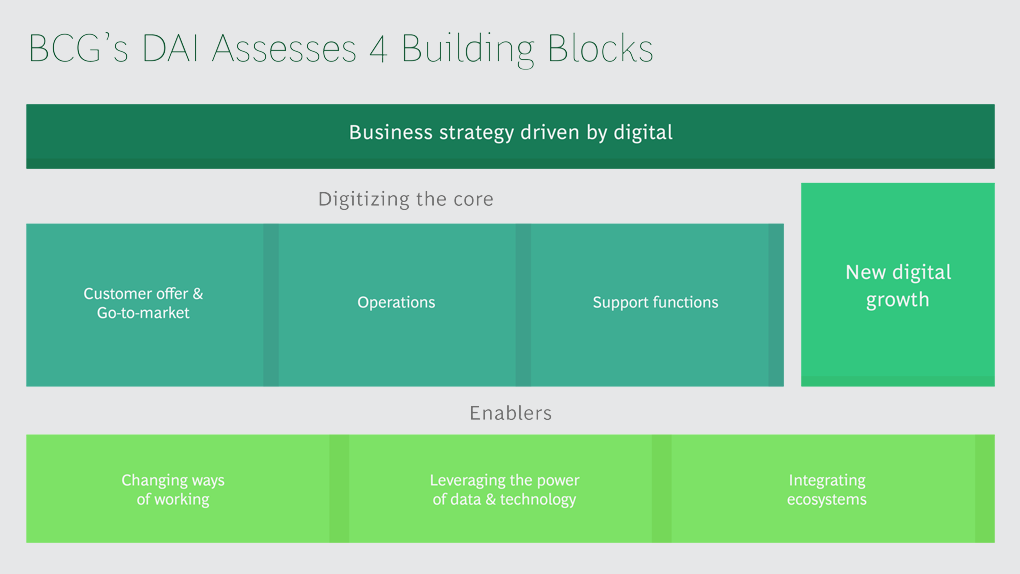
BCG Digital Acceleration Index
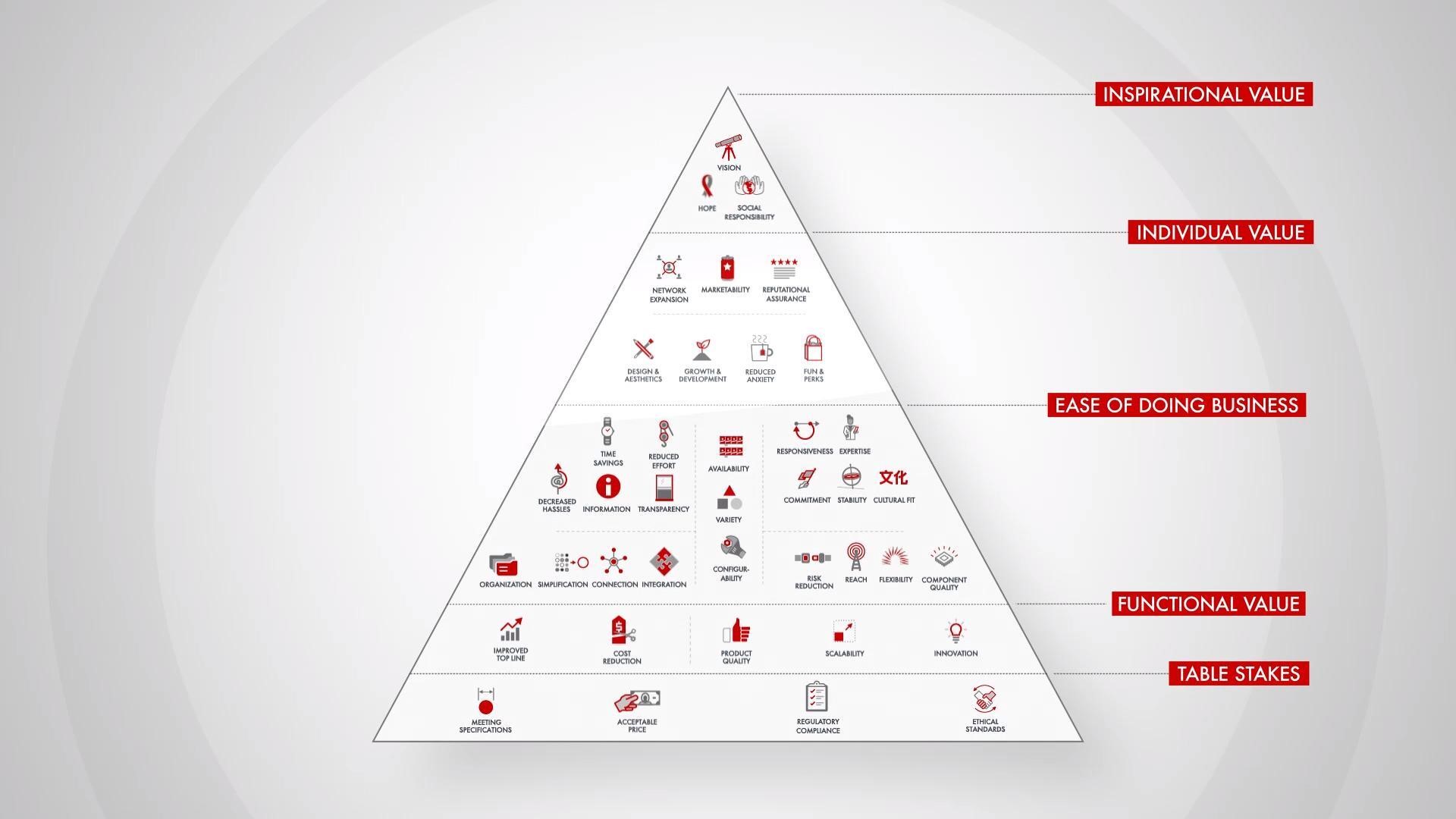
Bain’s Elements of Value Framework
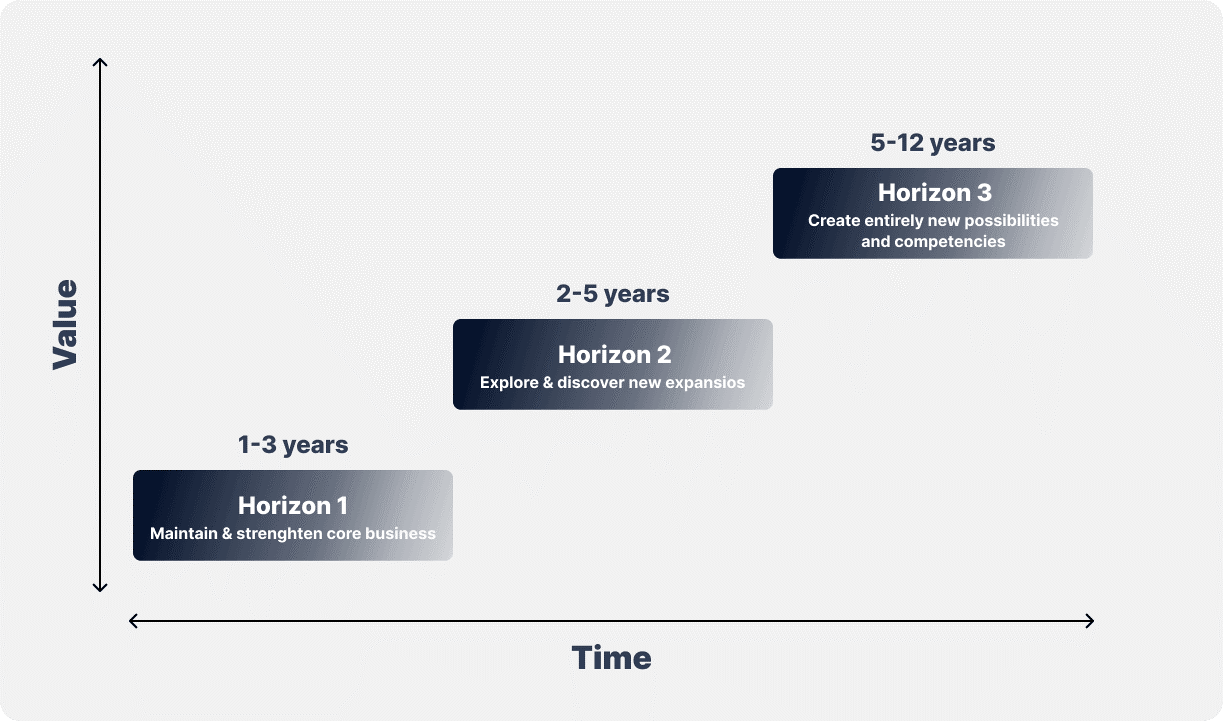
McKinsey Growth Pyramid
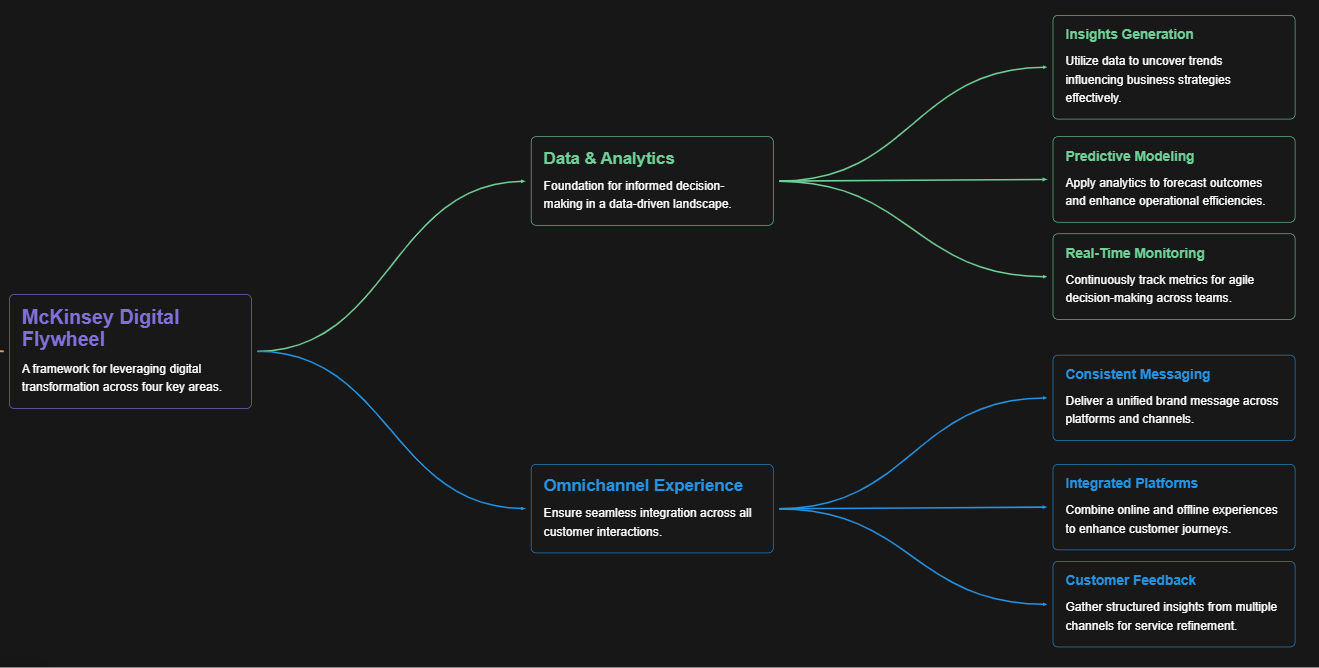
McKinsey Digital Flywheel
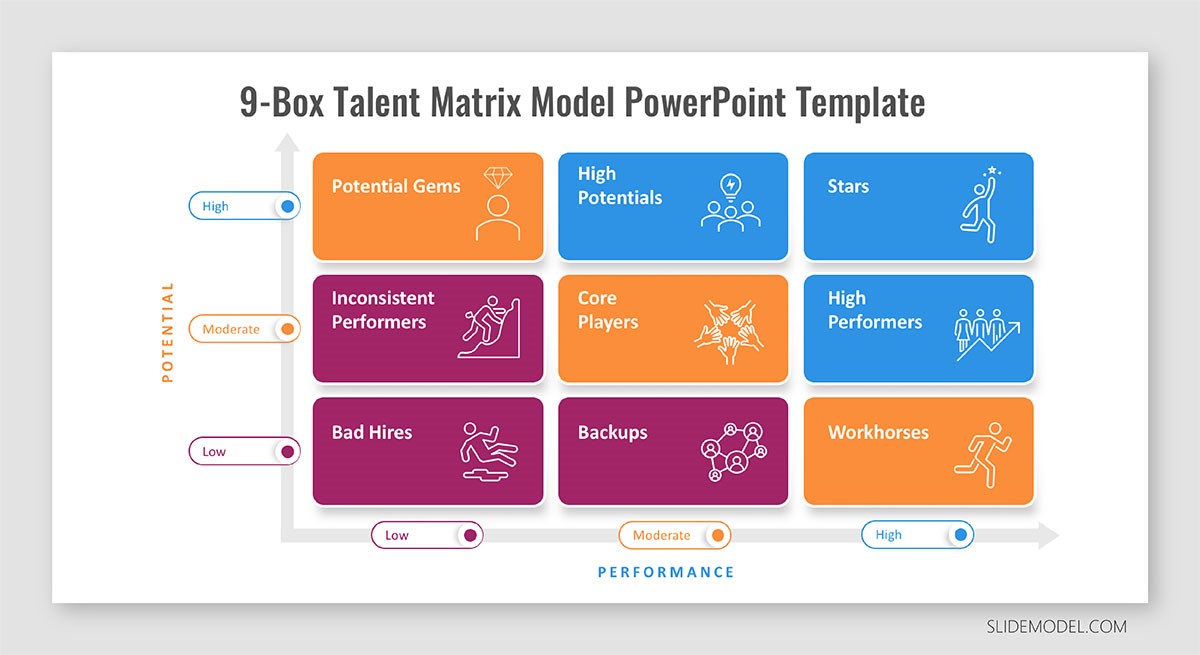
McKinsey 9-Box Talent Matrix
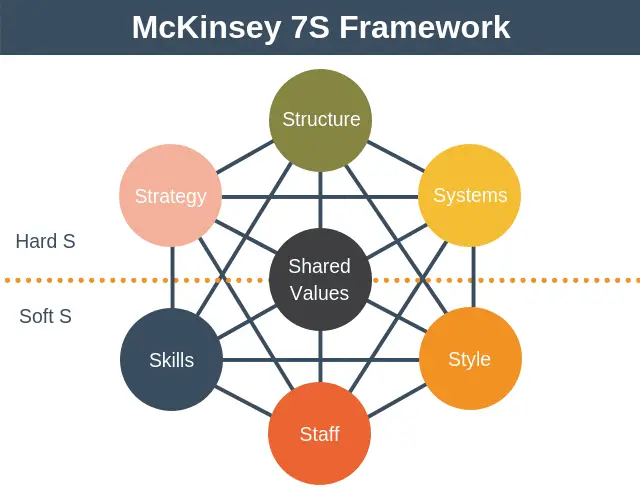
McKinsey 7S Framework
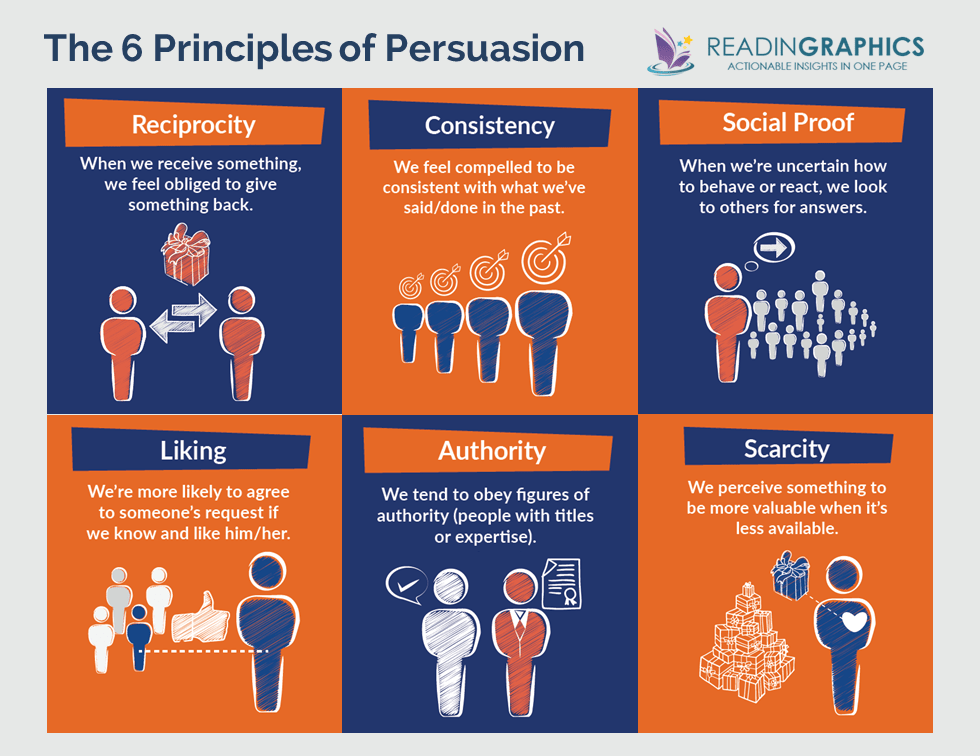
The Psychology of Persuasion in Marketing
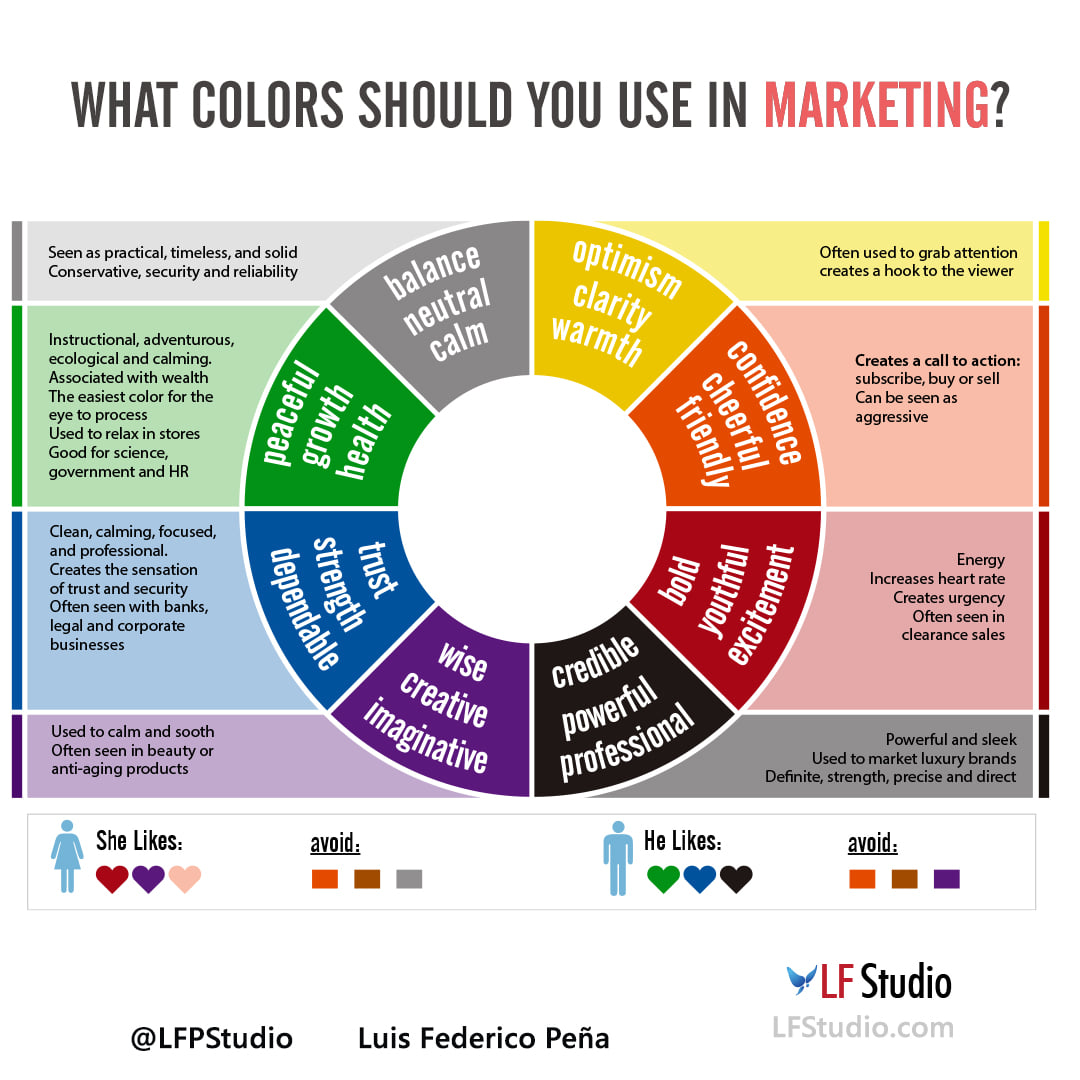
The Influence of Colors on Branding and Marketing Psychology








